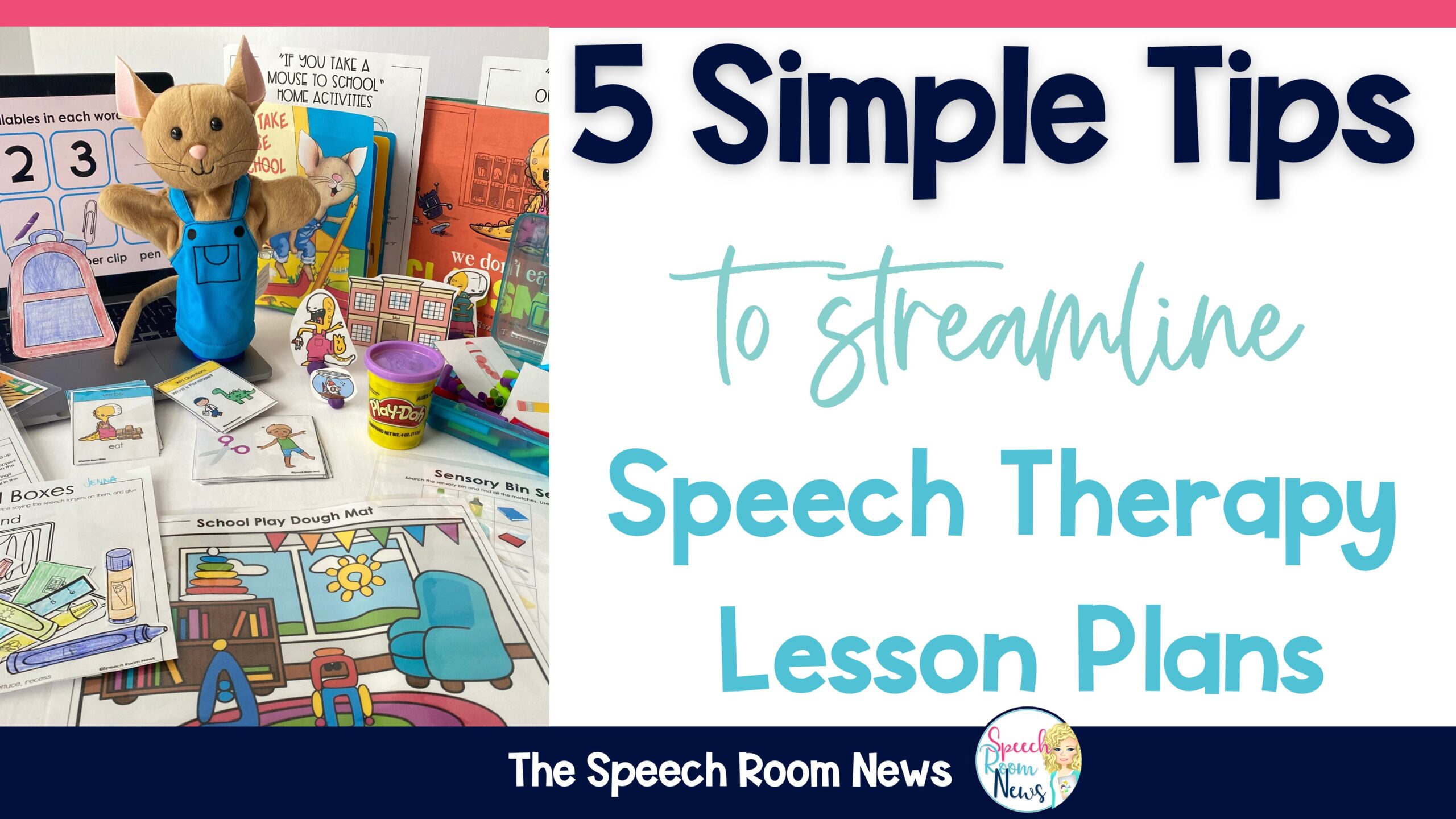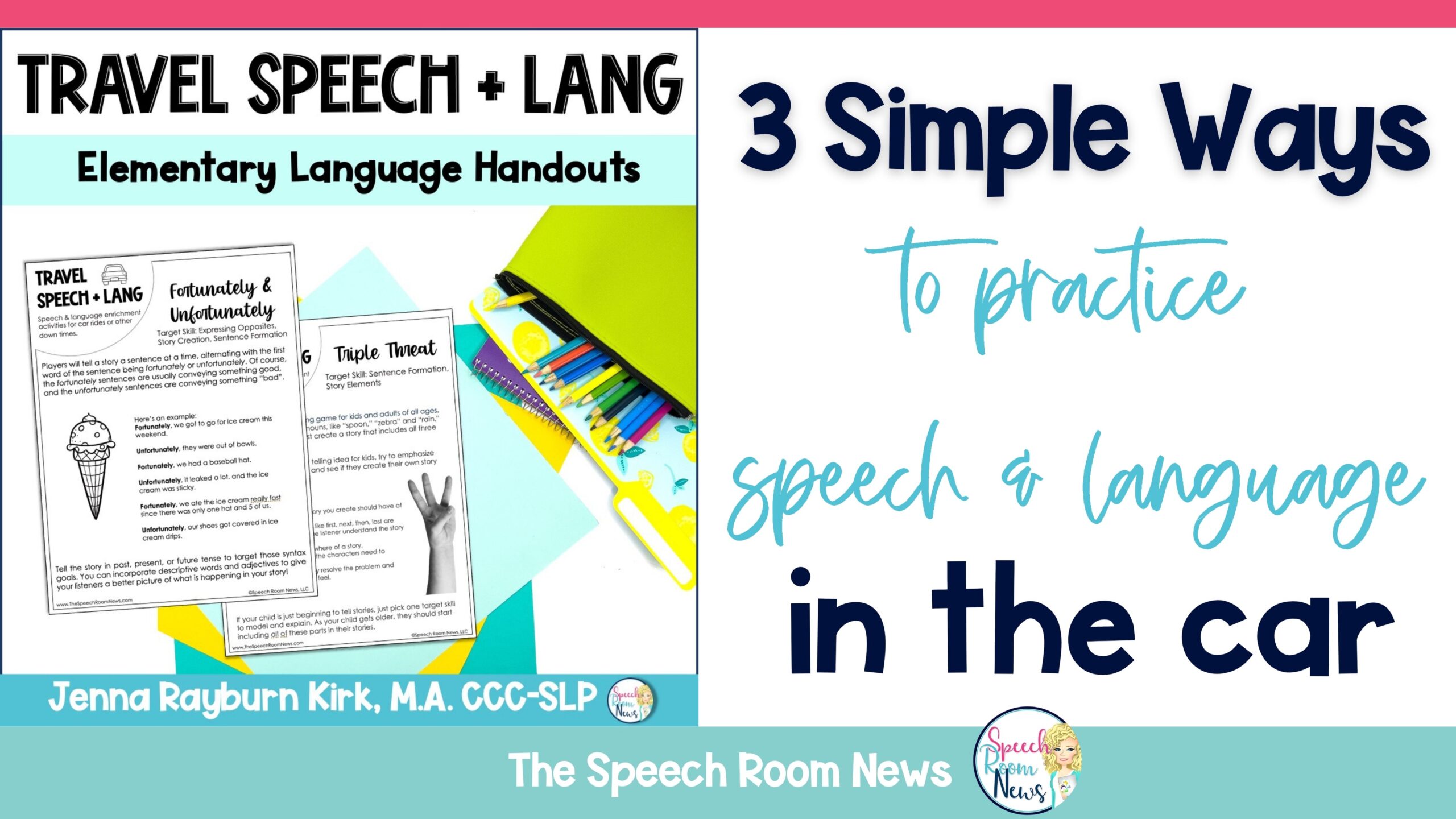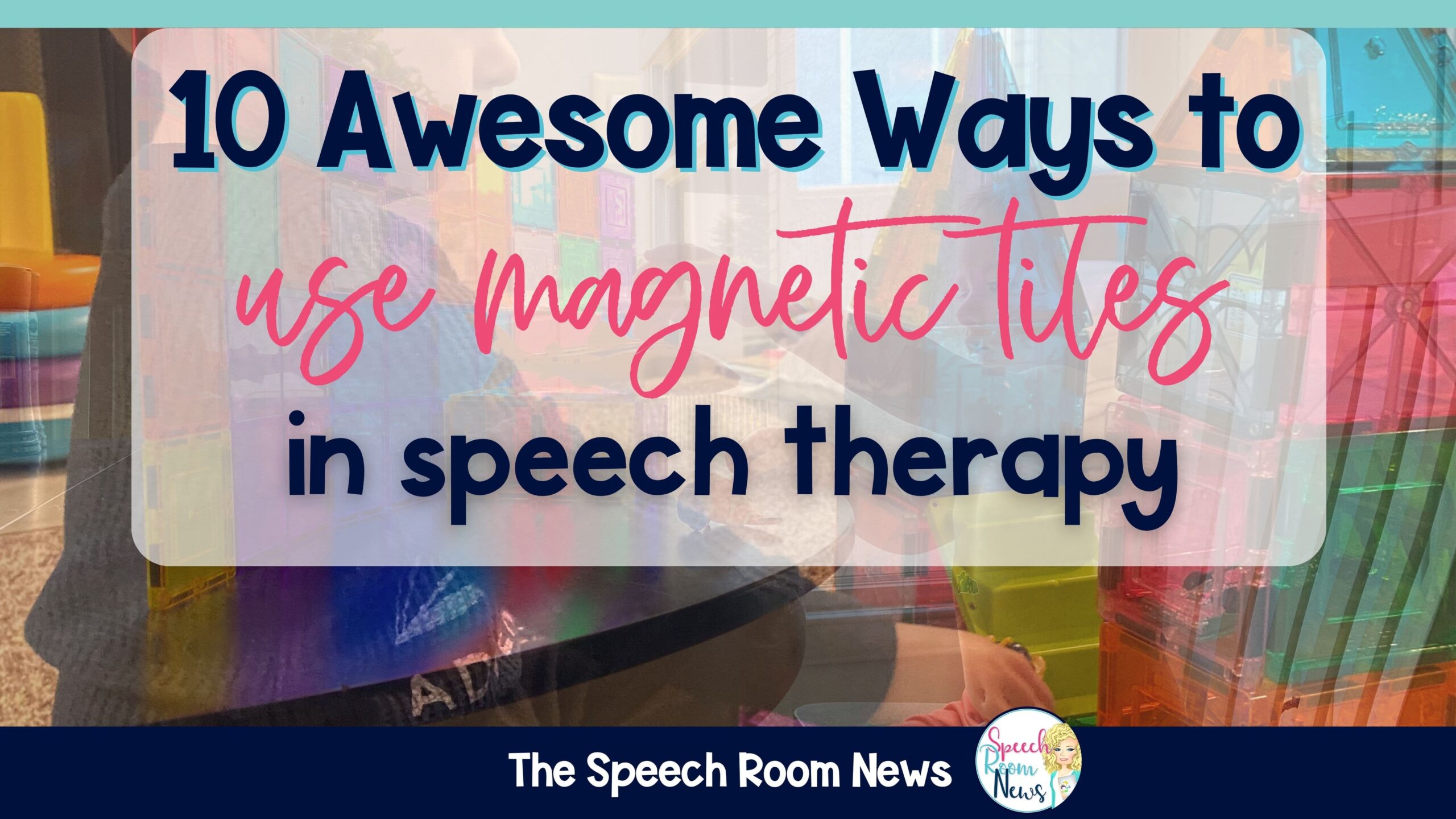Communication is possibly the most important functional skill. If you are unable to communicate your needs and wants throughout the day, it would be really difficult for you and everyone around you. Sometimes we get caught up in the specific speech and language goals for our students but SLPs should focus on functional skills, too.
Functional Skills in the Classroom
What are functional skills? According to Wright’s Law, functional skills are: skills an individual needs to live as independently as possible. Functional skills describe the routine activities of everyday life: communication, mobility, behavior, social skills, and daily living skills. You could even break them down into categories like this:
- Life Skills
- Functional Academic Skills
- Community-Based Learning Skills
- Social Skills
How to Improve Functional Skills
When I was in the school-setting as an SLP, I worked a lot on identifying functional skills that students on my case load could improve on. This helped me to develop IEP goals that were appropriate for them in the area of functional skills.
Some ways to gather this information are:
- Observe student in the classroom setting
- Ask the teacher: What 2 things does [name] struggle with that would help to improve his overall functional skills? This is an old Dr. Wayne Secord (from Ohio State) phrase that really stuck with me. He always encouraged us to ask teachers to name any two things that would make a huge difference in the day-to-day work. It could be staying with the class when walking down the hallway, remembering to put their name on their work, or saying their name correctly! Literally anything that would increase their success in the classroom.
What are Functional Skills Examples?
Here are some examples of functional skills at each level:
Preschool Functional Skills
Functional skills that usually best benefit preschoolers are those having to do with safety and social skills. For example, communicating safety words (words like: no, stop and help) and learning the names of friends in class. Other areas that preschool teachers wanted improvements in were teaching ways to get other kids’ attention and engaging in the daily routines of the classroom (circle time, centers, etc).
Elementary Functional Skills
Some examples for functional skills to be worked on at the elementary level might be: Communicating the need for help, understanding directions, following multi-step directions and breaking directions or assignments down into smaller parts.
Upper Elementary/ Middle School Functional Skills
As students get older, obviously the functional skills in the classroom that they need to focus on become more complex. With upper elementary, middle or even high school students, the focus to improve functional skills might be to navigate or organize assignments, ask for clarification when not understanding something, asking for accommodations, checking-in part way through an assignment or explaining their train of thought to a teacher clearly.
Why is Functional Communication Important?
Communication is one of the most if not THE most important functional skills. If a student is unable to communicate their needs and wants throughout the day, it will make it difficult to get anything valuable accomplished at school.
Teaching Functional Communication Skills
Teaching functional communication skills can easily be part of an SLP’s curriculum. If you push in for therapy (I did this a lot in the preschool setting) then you can work on helping with those functional communication skills during circle time. If you are helping them to navigate the cafeteria line and identify their choice-go with them to lunch for therapy time a few times for real-world practice and application.
For older students, if you are helping to teach them how to break down an assignment, have them bring one down to show them real-life examples of how to do this.
Writing about Functional Communication Skills in the IEP
When writing a student’s IEP, I always use the functional communication skills information in the first sentence of the Present Levels area of the IEP. This way, parents can understand where our goals came from and why these pieces of functional communication are so important for the school setting. The hope is that we can all work together as a team to accomplish these functional communication skills in the IEP.
Here are some examples of how I use this information to write clear data about functional skills in the IEP:
- Johnny uses language for ___ functions in the classroom.
- Suzette will use a picture board to request sensory supports when upset in the classroom in 3 of 4 occasions.
- Beyonce will use her AAC device to respond to a peer greeting during circle time 3/5 days per week
- Johnny’s will use total communication (word, signs, AAC, speech) to
- In a general education classroom, Lenny will follow verbal classroom directions when give one extra prompt by the classroom teacher with 60% accuracy
What types of functional skills do you find yourself working on the most with your speech and language students?
✕
Join the SRN newsletter!

I’m so glad you stopped by! If you’d like to keep up with the newest posts and get exclusive free downloads, please sign up for the newsletter! Your first freebie is ready as soon as you subscribe and confirm your email!







